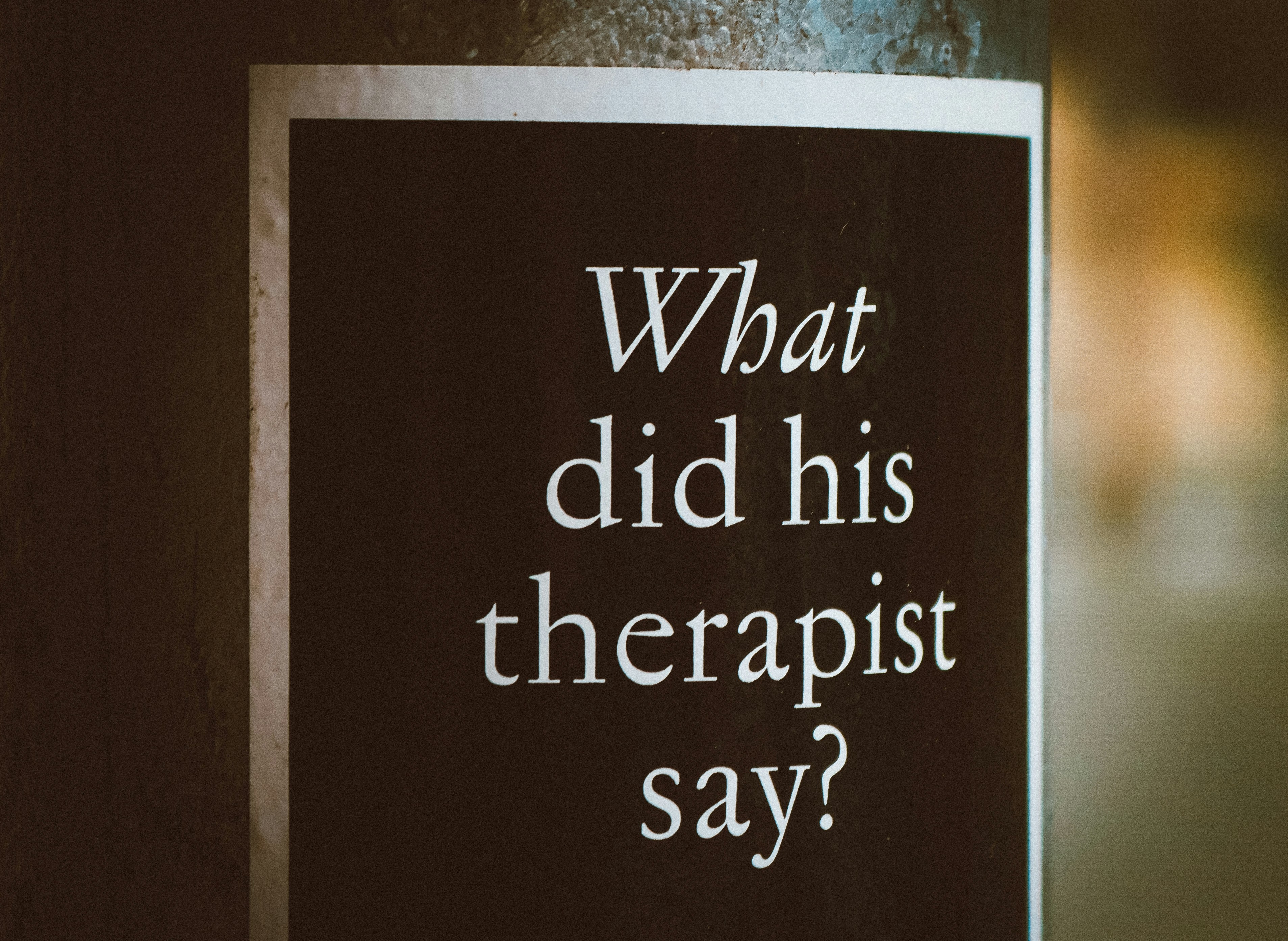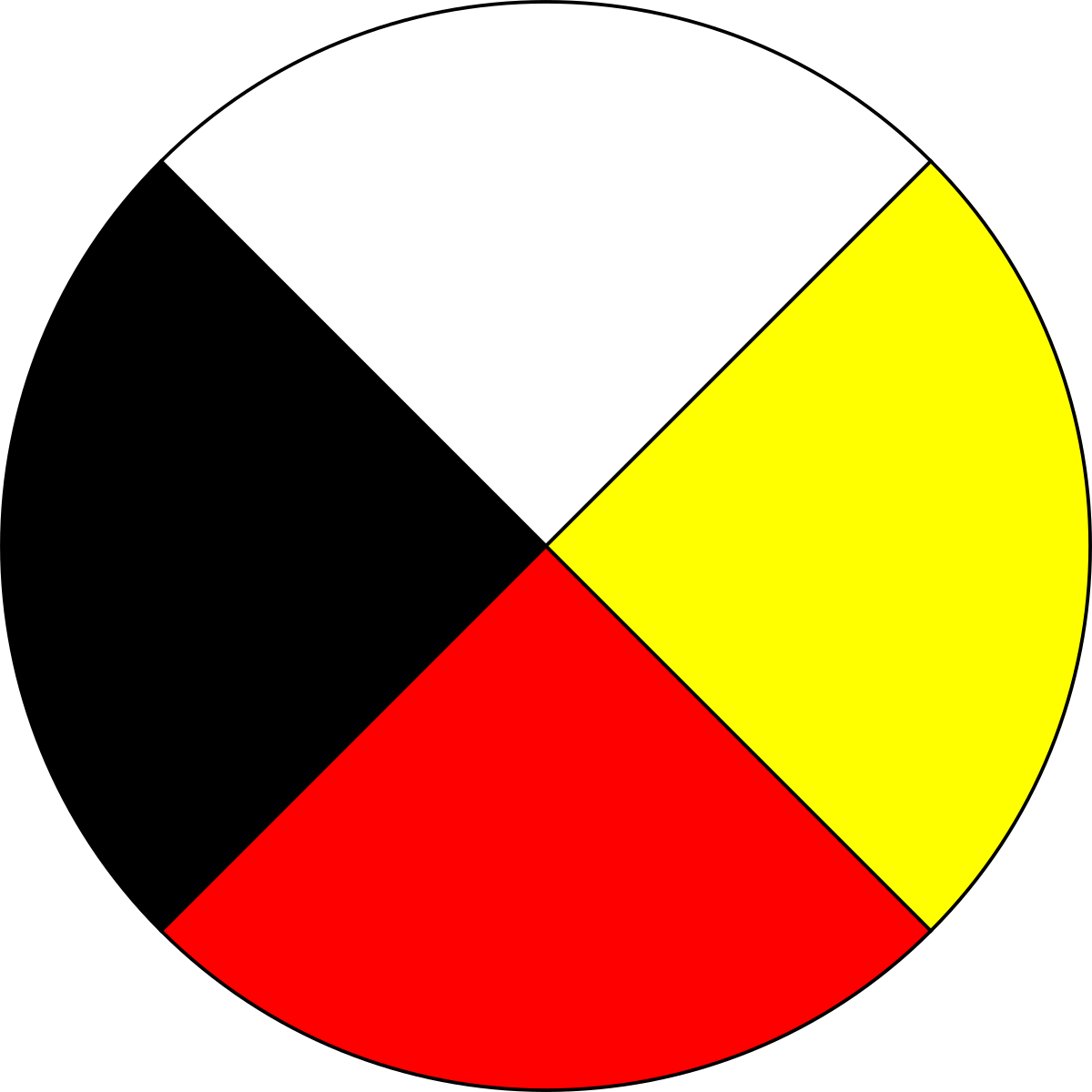Starting therapy is a vulnerable decision. You’re opening up your inner world to a stranger and hoping they’ll understand you in ways others haven’t. That’s not small.
And here’s the truth: not every therapist creates that kind of space. Some are “good enough”. They listen, nod, maybe offer strategies. But if you’re an overthinker, a high achiever, or someone who always looks “fine” on the outside, you probably know what it’s like to leave therapy thinking: Well that was a waste of time.
That doesn’t mean therapy can’t work for you. It means you haven’t yet had the experience of sitting with a therapist who is empathic enough to meet you fully, and intuitive enough to notice what’s happening beneath the story you’re used to telling. That difference isn’t luck. It’s built on qualities that matter more than credentials.
Here’s what to look for if you want therapy that actually makes a difference.
1. Empathy: The Safety of Being Seen
For high achievers and overthinkers, empathy isn’t just nice to have. It’s essential. So often you’ve been praised for keeping it together or criticized for being “too much.” A good therapist sees behind both masks, and will call you forward in session.
Real empathy means you don’t have to perform. You can drop the mental gymnastics of explaining yourself and finally feel met.
The felt difference: Instead of analyzing yourself in session, you notice your shoulders drop. You’re already understood.
2. Attunement: Hearing What’s Unsaid
Overthinkers often explain, justify, and over-clarify. A skilled therapist listens beneath the words. They notice the hesitation, the smile that doesn’t match the story, the way you speed up when emotions creep in.
That attunement helps you stop spiraling in thought and start connecting to what you actually feel.
The felt difference: You don’t feel invisible or “too much.” Even the parts you try to gloss over are welcomed.
Why Therapy Hasn’t Worked Before
If you’ve ever walked out of therapy thinking “that didn’t help,” you’re not alone. I hear this most often from high achievers and overthinkers who are used to pushing through life with grit and analysis.
Here’s what often goes wrong:
- Surface-level sessions → The therapist only listens or gives advice, but never goes deeper.
- Too much “fixing” → You leave with strategies and worksheets, but no shift in how you feel.
- Missing attunement → You talk for an hour, but no one names the things hiding between the lines.
- No felt safety → You never risked saying the hardest thing, because you weren’t sure the space could hold it.
When therapy feels flat, it’s usually because the relationship didn’t reach the depth where change actually happens.
A good therapist doesn’t just teach coping skills. A skilled therapist helps you slow down, connect to yourself, and see patterns you couldn’t think your way into.
3. Intuition + Skill: The Right Question at the Right Time
High achievers are used to problem-solving — which means therapy can turn into another “to-do list” if you’re not careful. A skilled therapist interrupts that loop with intuitive timing. They ask the question that drops you out of your head and into your body.
It’s not about advice. It’s about helping you uncover the pattern that’s been running the show.
The felt difference: A shift you couldn’t think your way into — the kind that lands in your nervous system first.
4. Boundaries: Space That’s Truly Yours
If you’re used to managing others’ needs, weak boundaries in therapy will leave you doing the same thing in session. Strong boundaries create a container where you don’t have to take care of anyone else — not even your therapist.
For over-functioners, this is radical: the hour belongs entirely to you.
The felt difference: Relief. You can fall apart without editing yourself.
5. Fit + Safety: The Alliance That Heals
Research confirms it: the therapeutic relationship is one of the strongest predictors of change. But beyond research, you’ll feel it.
A “good enough” therapist may help you vent. A highly skilled therapist helps you untangle, soften, and rebuild. For high achievers, that difference is everything. You don’t need another place to perform — you need a place to rest and reconnect.
The felt difference: A quiet knowing: I don’t have to hold it all together here.
Closing Thoughts
When people tell me, “I’ve tried therapy before and it didn’t help,” what they’re often describing is therapy that stayed at the surface. Maybe they learned coping skills, but they never felt safe enough, seen enough, or challenged enough to actually shift.
Therapy isn’t about finding a perfect therapist. It’s about finding someone whose empathy, presence, and skill create the kind of space where you can stop performing and start healing.
For overthinkers and high achievers, that difference matters. You don’t need more strategies or another mental checklist. You need to feel safe enough to let your guard down and discover who you are beneath the performance.
If you’re in Ontario and want to explore what that kind of therapy might feel like, I offer free discovery calls. No pressure — just a chance to see if it feels like a fit. Click here to get started.
Photo by Jon Tyson on Unsplash








